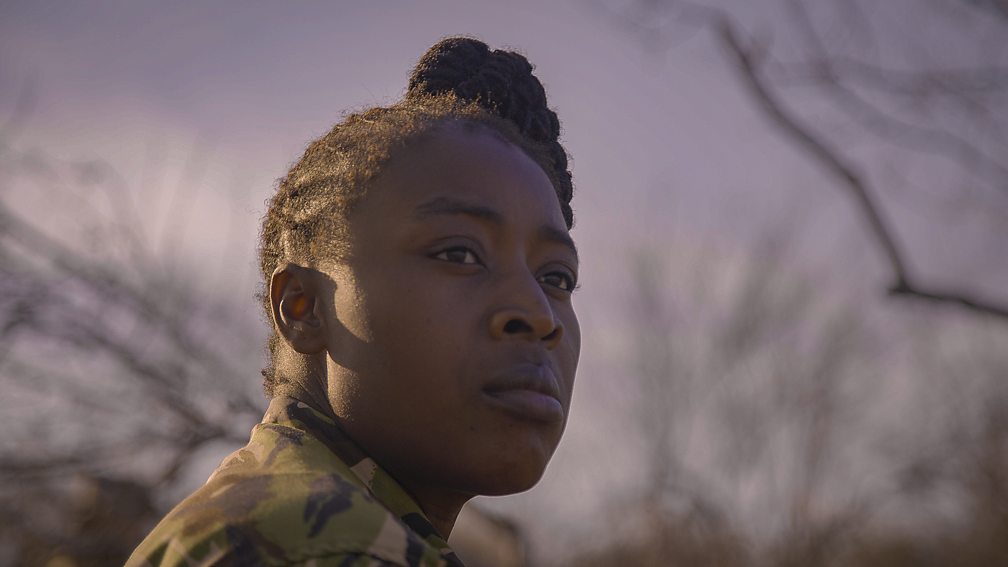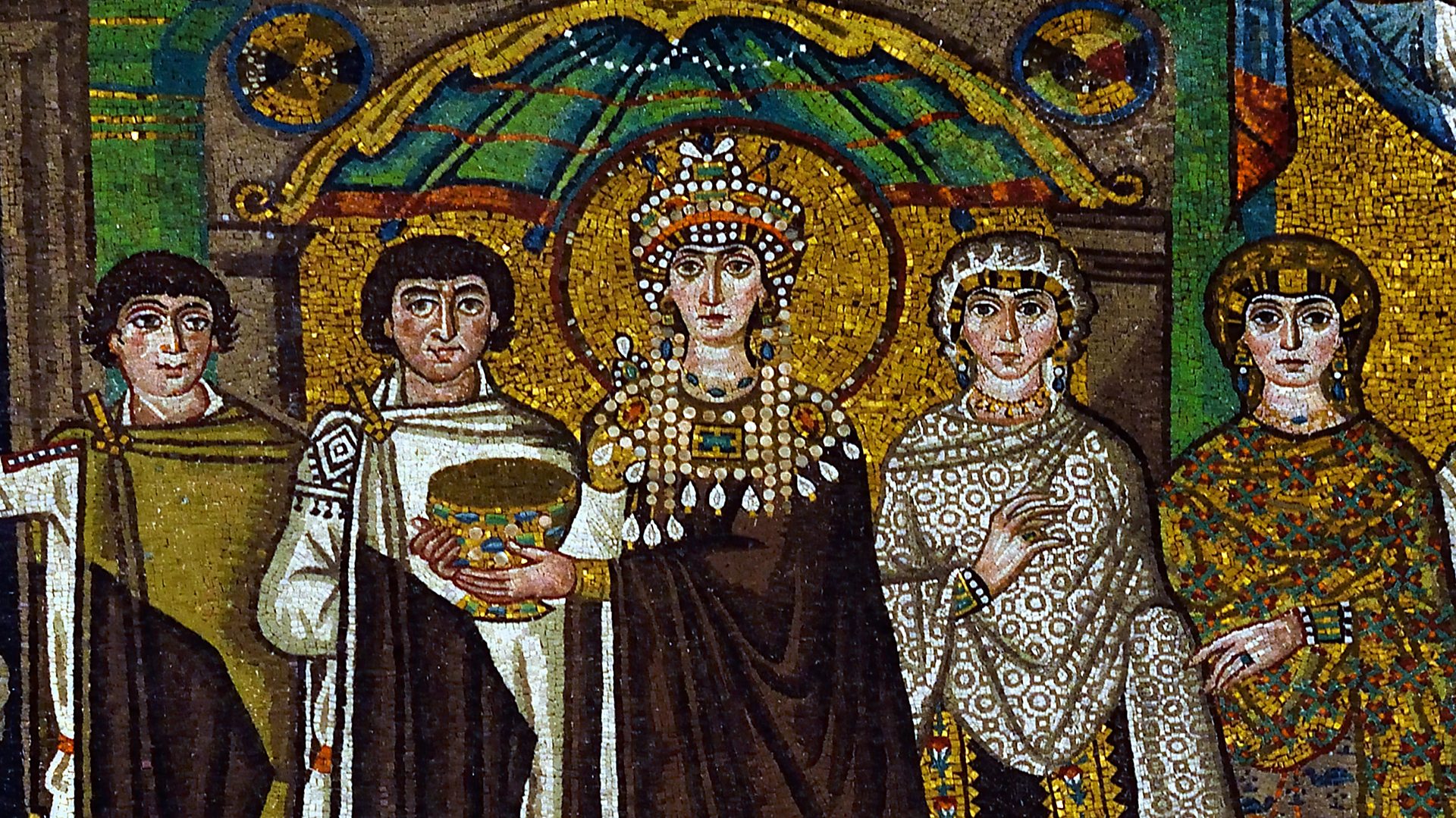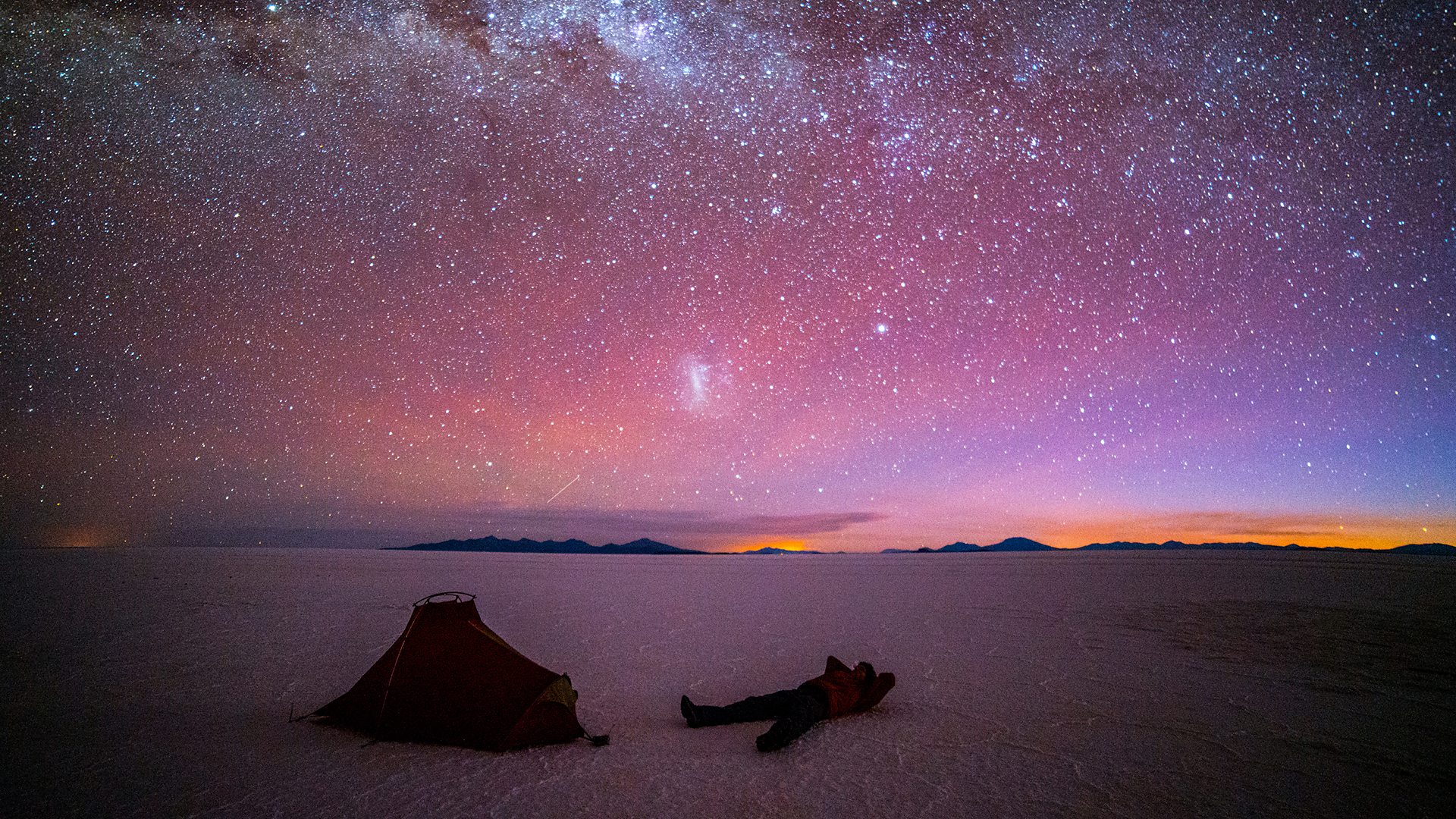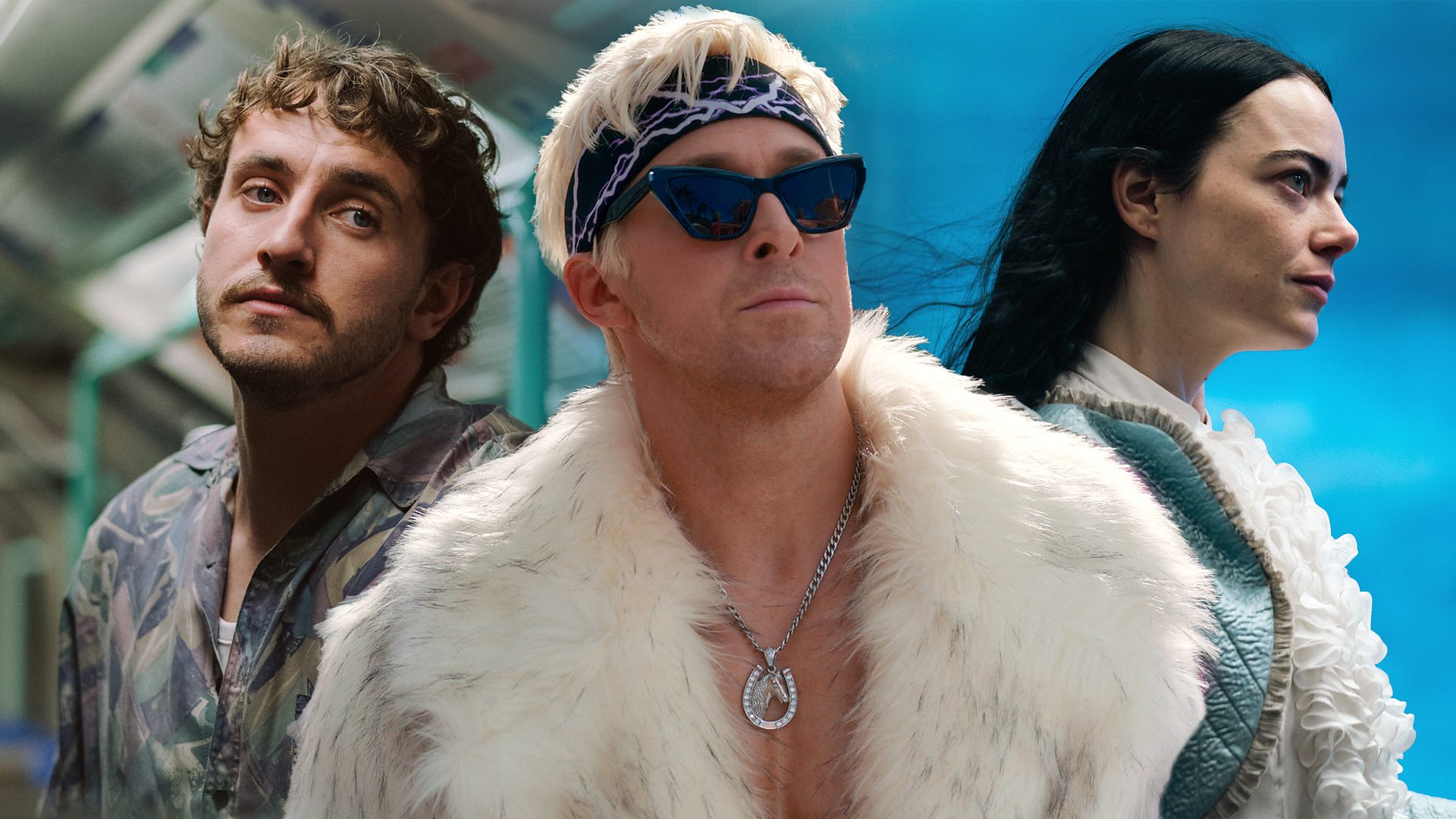The Black Mambas: South Africa's all-female anti-poaching unit

The Black Mambas are South Africa's all-female anti-poaching unit. Watch how they take on wildlife poachers, without guns.
Most anti-poaching units in Africa follow a familiar pattern: male rangers armed with rifles patrol the bush to catch those hoping to snare big game for the lucrative illegal trade in their body parts. One unit operating in the Olifants West Nature Reserve within the Greater Kruger National Park in South Africa is a bit different.
The Black Mambas, named after the deadly snake, is the first all-female anti-poaching unit in South Africa. Since they were established in 2013, they've had a significant impact on local wildlife conservation. By removing snares and traps, the group claims to have reduced poaching significantly and eliminated rhino poaching within the reserve.
Their approach is controversial; the female rangers do not carry any weapons and instead rely on armed back up when they come across armed poachers. The rangers are tracked in real time and operate their own command control centre. They are deployed with pepper spray, handcuffs and radios and aren't involved in ambushes.
This article and documentary in the Climate Guardians series was supported by funding from the European Journalism Centre, through the Solutions Journalism Accelerator. This fund is supported by the Bill & Melinda Gates Foundation.
The Black Mambas operate in shifts, patrolling the Olifants West Nature Reserve, which spans 20,000 hectares (200 sq km), eyes peeled for snares and evidence of incursions through the perimeter fence. They rely on intensive training and military-like discipline to react to any type of situation.
Some might see the group's unarmed approach as a real risk – the poachers they confront are typically carrying weapons. But Cutie Mhlongo, a Black Mamba since 2014, disagrees. "Our advantage is that they won't shoot us, because they know that we don't carry guns,” she says. The rangers rarely suffer serious injuries from animals or poachers.
Sign up to Future Earth
Sign up to the Future Earth newsletter to get essential climate news and hopeful developments in your inbox every Tuesday from Carl Nasman. This email is currently available to non-UK readers. In the UK? Sign up for newsletters here.
For many women from the local communities, employment opportunities are scarce. Becoming a Black Mamba has a wider impact, empowering women's social standing and gaining economic independence. The Black Mambas' ability to make a difference for local wildlife conservation also increases wider understanding of the issue. Mhlongo's friends are impressed by her ability to predict animal behaviour and stay safe. They see her as a role model and want to sign up.
"Most people locally believe that these animals belong to white people," says Mhlongo. "We want to change that way of thinking, so that everyone in our community knows that this wildlife belongs to all of us."
In this short documentary, which you can watch here, we see the Black Mambas at work on a typical shift.
---
This piece was amended on 22/11/2023 to clarify that the Black Mambas operate in Olifants West Nature Reserve.
If you liked this story, sign up for The Essential List newsletter – a handpicked selection of features, videos and can't-miss news delivered to your inbox every Friday.
Join one million Future fans by liking us on Facebook, or follow us on Twitter or Instagram.


